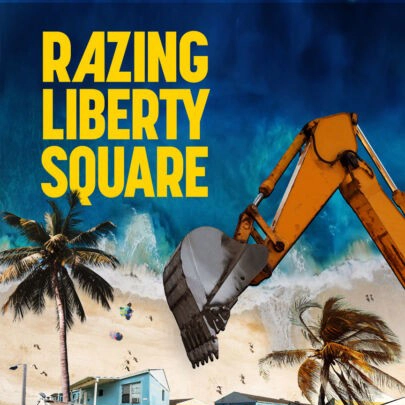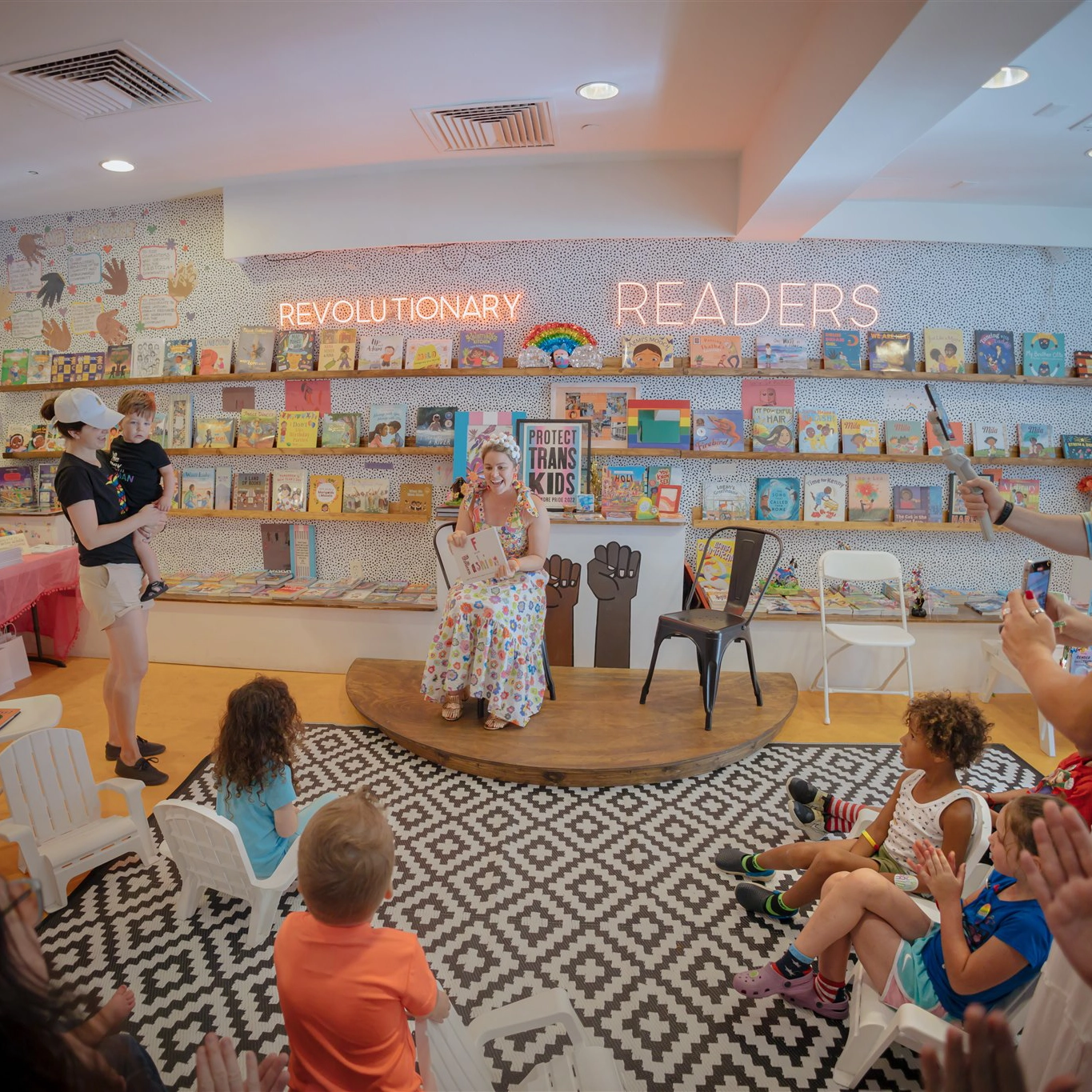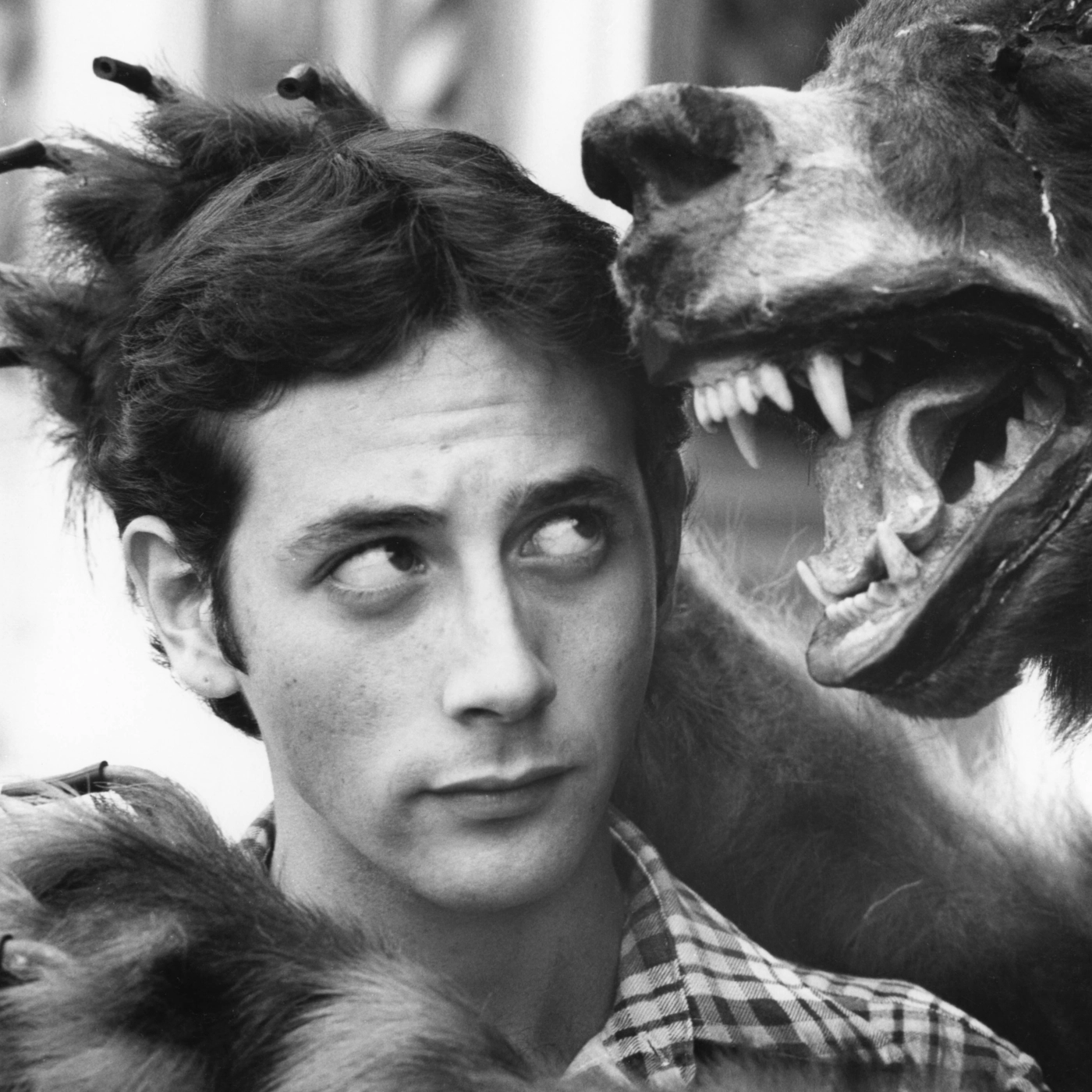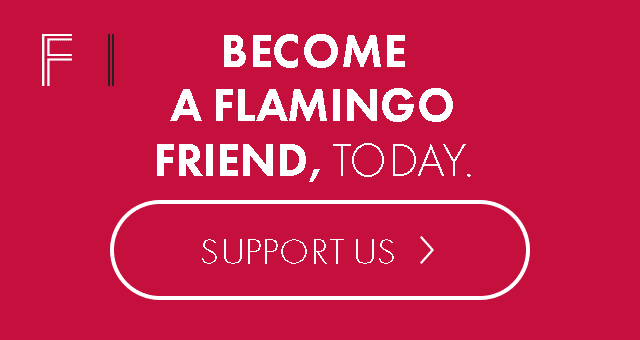A Killer Conversation With Writer-Director Amy Seimetz
Filmmaker and FSU grad Amy Seimetz's latest film, She Dies Tomorrow, draws from her own life and debuts to much acclaim

No one in popular culture quite captures the pandemic moment like writer-director (and St. Petersburg native) Amy Seimetz does in She Dies Tomorrow. The existential horror film, which would have debuted at SXSW this year if it hadn’t been canceled, stars indie actor Kate Lyn Sheil as a woman—named Amy—having a breakdown in her new home, convinced that her death is imminent. Her friend Jane (Jane Adams) arrives to console her, but soon becomes likewise obsessed that she will die too. Then Jane brings the weirdness to her sister-in-law’s birthday party, spreading the premonition like a virus, as everyday existence unravels.
The film, made independently well before anyone besides epidemiologists was fretting about COVID-19, begins streaming on Amazon Prime, iTunes, YouTube and more today. It’s getting the most attention of anything in Seimetz’s fruitful career. That includes dozens of acting gigs, from independent films to mega-budget sci-fi movies like Alien: Covenant. Also, Seimetz co-created the episodic version of The Girlfriend Experience for Steven Soderbergh, directed some memorable episodes of Donald Glover’s Atlanta and wrote-directed the 2012 indie gem Sun Don’t Shine, the quintessential Florida lovers-on-the-lam drama, now streaming on the Criterion Channel.
Chatting this week via Zoom from her east Los Angeles home—the same abode where she shot She Dies Tomorrow—Seimetz, 38, talked about the uncanny way her film captures our pandemic zeitgeist and the importance of friendships she made while attending Florida State University, where her classmates included future Oscar-winners Barry Jenkins and Adele Romanski, both for Moonlight.
“Last night I had a dream about Tallahassee,” she begins, offering up some strange and vivid details at once apocalyptic and buoyant. “I was on this road trip with Carmen Cuba, who is a casting director and my dear friend, and Donald Glover, and we were driving through Tallahassee and I was really excited to show them my college town, and then there was like a flood, but somehow it wasn’t a big deal. It was kind of like a baggage claim, because the flood brought all of our luggage to us. And then Donald ended up doing stand-up comedy at the hotel bar [laughs].”

Someone posted the comment that you predicted 2020 with the film. How did that end up happening?
Yeah, very accidentally, obviously. But you can tell everyone I’m psychic. That’s fine. I was dealing with my own anxiety, and was feeling sort of paralyzed by it. I was trying to put it into words, and I talked to my friends about it incessantly, because I couldn’t avoid it. And two of those friends being (actors) Jane Adams and Kate Lyn Sheil, when I talked to them about it I felt like I was spreading anxiety. In addition to that, I’m sort of a news junkie, and I was realizing that left, right or center these ideas—these headlines, in a way—were spreading, as opposed to facts.
That’s the thing. I wake up in the morning I feel great. Then I start consuming everything online and within two hours I’m freaking out.
Right! Yeah, I know! I’ve had to curb my news addiction. Here’s the thing. Leading up to 2016 [and the election] and even right now with COVID, you want somebody to give you the answer. Like, what’s going to happen next? And then what? And then, ‘Are you going to call [Trump] out for that crazy thing he said?’ Or are we just going to keep going because this is reality? There’s a fine line between being well-informed and then being obsessive and buying into some of the fear-mongering.
How big has your connection with so many FSU film school grads been in shaping your work? It seems like a tight network. (And one that includes more recent graduates like filmmaker Aaron Moorhead, one of the film’s producers).
At the time, it was sort of organic, we were just [in school] and friends and helping everyone out on the sets, and now it’s kind of wild how many people were there at that period in time. Especially in the early days of graduating college and not really knowing what to do, or how to make films, what was so great about having that network—Adele and Barry and [filmmaker] Justin [Barber], and David Robert Mitchell (Under the Silver Lake)—is that we all had this outlook, like you just have to do it yourself. Maybe because there were so many of us that had that interest and had that support, we all helped each other out.
One thing I love about the film is how it shifts from the morbid, obsessive whirlpool vibe into something that’s often very, very funny. The party scene is a classic. This is a horror movie. It’s also a comedy.
I have a very dark sense of humor, and I also like making fun of myself a lot. Because I’m talking about anxiety and also existential dread, that party scene I could have written into another movie. That’s kind of how I feel when I go to parties. There’s a lot of chit-chat. I’ve had to get over this because now in quarantine I kind of miss chit-chat. From going through a lot of intense loss and intense situations, when I go to these parties I’m like, ‘Can we talk about something heavier?’ I feel like I ruin conversations because I immediately go to dark places. Usually, I’m like, ‘I’m just going to go get another drink.’ I’m very much Jane (the character played by Jane Adams) in that situation.
There’s another facet to the film, which is its elliptical form of storytelling. The viewer has to fill in some gaps. It’s definitely more European …
You mean Claire Denis, my favorite filmmaker? I just want my name and Claire Denis’ name in the same sentence. Even if you don’t really think that [laughs]. It’s intentionally obtuse in a way. Leaving certain elements out was intentional to leave the audience with the question I wanted them to be left with. And also the immensity of the inevitable and who knows when it’s going to happen it’s just going to happen.
In the face of all that, how are you keeping your brain straight in quarantine?
I don’t know if I am [laughs]. I wonder everyday. I talk a lot with friends. The silver lining is I do reach out to friends a lot more. And I talk to my mom pretty much everyday—which I’m sure she loves. I do, too.
This conversation has been edited and condensed for clarity.





